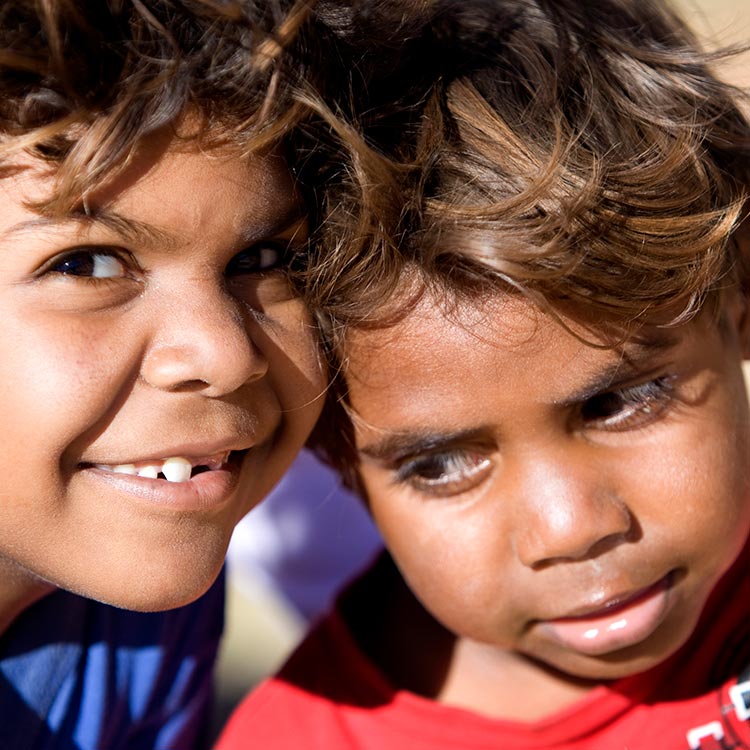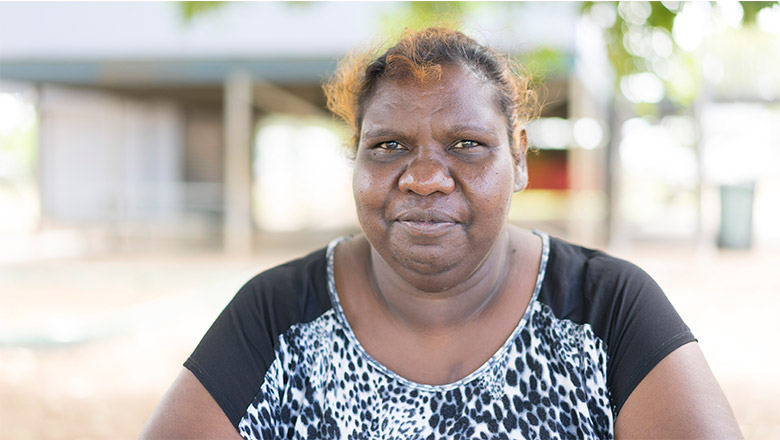Search
Showing results for "aboriginal respiratory"
Understanding young Aboriginal women's views on pregnancy care is important knowledge to assist maternity services develop localised pathways that encourage...
The objective of this study was to examine the factors that impact on breastfeeding duration among Western Australia Aboriginal children. We hypothesised...

A multi-disciplinary team of researchers will use more than 40 years of data to pinpoint crucial areas that could be “turning points” in development where intervention could contribute to closing the gap in Aboriginal health in Australia.

Pioneering Aboriginal psychiatrist, mental health champion and Western Australia’s 2021 Australian of the Year Professor Helen Milroy is among 10 ‘everyday Australians’ who will accompany Prime Minister Anthony Albanese and Governor General David Hurley to the funeral of the late Queen Elizabeth II.

Youth mental health researcher named joint winner of the Shell Aboriginal STEM Student of the Year category at the 2022 Western Australian Premier’s Science Awards.

Aboriginal women in Western Australia's Kimberley region will be become qualified as community health researchers thanks to a grant awarded to The Kids.
The impact of colonisation, genocide, and continuing discriminatory policies have created a context for ongoing disadvantage, trauma, and high rates of mental health issues for Aboriginal and Torres Strait Islander young people.

Derbarl Yerrigan Health Service (DYHS) has developed a holistic paediatric service unit anchored in primary health care and underpinned by care coordination provided by an experienced nurse and multi-disciplinary team.
Skin health is widely recognised as being important for overall good health and well-being, yet the burden of skin infections in remote Aboriginal communities remains high. This project aimed to explore if virtual support for skin health could be a strategy to reduce community barriers to skin health engagement.
Pete Azzopardi PhD, FRACP, MEpi, MBBS, GDipBiostats, BMedSci Head, Adolescent Health and Wellbeing Head, Adolescent Health and Wellbeing Professor
